Do you know the difference between white hat vs. black hat SEO? If you don’t, all your hard work doing search engine optimization could backfire.
Ever noticed how the heroes of old movies always wore white, while the villains wore black?
Like in The Wizard of Oz, those using “black hat” methods will pay for it in the end.
Black hat SEO might give quick results if you’re lucky, but over time it’s more likely to have the opposite effect, tanking your rankings and getting you blacklisted from search results altogether.
Recommended Resource Need more website traffic? Learn how to rank #1 on Google with our Ultimate Guide to SEO in 2018.
If you want to be an SEO hero and…
- Protect your brand reputation
- Increase your domain authority
- Get more and more traffic over time
…then you’ll need to stick to what is called “white hat” SEO tactics.
In this guide, we’ll explain the difference between white hat vs. black hat SEO methods, and highlight some practices you’ll definitely want to avoid for the sake of search ranking – and your reputation. By the end, you’ll be clear on the most ethical and effective ways to use SEO to bring visitors flocking to your site.
First, let’s start by answering the most common questions people have about white hat vs. black hat SEO.
What Is White Hat SEO?
White hat SEO, also known simply as SEO, is using search engine optimization techniques Google approves of.
White hat SEO includes:
- Making your site easy to navigate
- Speeding up your page load times
- Keyword research and using keywords to optimize your content
- Attracting backlinks from high-quality websites
…and more. You can check out our list of the most important SEO ranking factors to see how Google decides to rank your content.
What differentiates “white hat” from “black hat?”
White hat SEO:
- Focuses on people first, and search engines second.
- Takes a long term approach to optimization.
White hat SEO techniques carry no risk of being penalized by Google. We’ll explain more about Google penalties later in this guide.
What Is Black Hat SEO?
Black hat SEO is using shortcuts and hacks to game the search engines and exploit any weaknesses in their algorithms.
Black hat SEO techniques are usually geared towards search bots first, rather than human readers. This strategy carries a high risk of being penalized by Google.
What Happens When You Break the Rules?
So, what happens when Google sees SEO behavior it doesn’t like?
Usually, Google will change their algorithms so that those techniques no longer work.
Some of the most notable Google search algorithm updates have been:
- Florida, which penalized keyword stuffing
- Panda, which penalized content farms
- Penguin, which penalized certain linking practices
Understanding the Penalties for Black Hat SEO
The other way Google handles rulebreakers is to punish the offending sites individually.
If you’ve noticed a sudden drop in traffic or that fewer of your web pages are appearing in search results, then those are signs of a possible penalty.
Many people learn about penalties in Google Search Console.
There, Google lets you know there’s a manual action against your site. This is their way of telling you there’s an issue and giving you a chance to fix it. While your search rank may drop temporarily, applying a fix will usually help. You can then submit a reconsideration request to ask Google to check your site again and restore your ranking.
More seriously, using black hat SEO techniques can result in a reduced search rank. In many cases when Google changes algorithms to weed out questionable SEO behavior, sites that had enjoyed page one positions can drop out of sight. Since that has an effect on authority, visibility, and traffic, you want to avoid that. Fix the behavior, then submit a reconsideration request.
Third, your site could get banned or excluded from search results. This is the kiss of death as nobody will be able to find that business online, killing organic traffic, and the resulting leads and sales. Bans are infrequent, but if the ban has resulted from shady SEO practices, then you’ll need to undo those, go back to white hat SEO, and submit a reconsideration request.
What are the black hat SEO practices you should avoid? Let’s take a look.
10 Black Hat SEO Tactics to Avoid
Here are the black hat SEO tactics you’ll want to avoid if you want to get traffic from Google.
1. Keyword Stuffing
Keyword stuffing used to be a way to get your content to rank higher in search engines, by including all your chosen keywords in the content. But that made the content virtually unreadable, so it’s no surprise that Google cracked down on it. Google’s all about relevance and using unrelated keywords—or too many of them—is likely to result in them downgrading your content. Here’s Google’s example of keyword stuffing:
We sell custom cigar humidors. Our custom cigar humidors are handmade. If you’re thinking of buying a custom cigar humidor, please contact our custom cigar humidor specialists at [email protected].
If your SEO firm is still telling you to create content with a high percentage of keywords or using lists of keywords in meta descriptions, it’s time to get someone new to handle your SEO strategy and do proper keyword research and content optimization.
2. Automated Comment Spam
If you run a blog, you’ve probably seen comment spam. These are automated comments that often include keywords and spammy links. Needless to say, getting inbound links from spammy comments won’t fool Google, and won’t help search ranking, so it’s a mystery why people are still doing this.
Spammy comments on forums and free hosting sites are also a no-no, says Google. The bottom line: anyone commenting to get more backlinks should make sure their comments are valuable.
On your own site, you don’t want to link to spammy sites, as this will hurt your own search ranking. Make sure your comments have the nofollow tag which tells Google you’re not passing search ranking to the target sites. That’ll stop the spammers from benefiting.
3. Content Scraping
Content scraping is where someone grabs your RSS feed (especially if it’s a full-text RSS feed) and republishes the content on their own site.
In general, the splogs (spam blogs) created this way will be optimized to cover a particular topic or keyword.
With Google penalizing this kind of content, there’s no good reason to use this black hat SEO tactic. And if you are going to syndicate your content elsewhere to build links, remember to use canonical links so Google knows where the original content is.
4. Cloaking
Cloaking is the practice of showing one thing to visitors and another to search engines.
For example, your visitor might be looking at an image, while there are hidden links and text in the HTML that search engine spiders are looking at. Someone using black hat SEO could use this technique to insert keywords without the visitors’ knowledge, for example.
Google’s advice on this? Don’t do it!
5. Hidden Text
Related to cloaking, another black hat SEO technique is to hide text and links, for example by changing the color so they match the page background, making the font size ultra-tiny so nobody can see it, or by linking an unnoticeable piece of punctuation.
Hidden text isn’t always a black hat SEO technique, of course. Sometimes it’s used to serve up text for screen readers for better accessibility.
6. Doorway Pages
Doorway pages are pages that funnel visitors to other pages. Often, black hat SEO tactics create several of these pages with mostly similar content in an attempt to build links to a destination page. If those pages don’t offer value in their own right, then anyone using them is likely to get penalized.
7. “Sneaky Redirects”
Redirection is a useful way to send visitors to the right page when a resource has moved or changed on your site, or when the site as a whole is on a new domain.
Unfortunately, this technique can also be misused in black hat SEO. Google calls “sneaky redirects” situations where search engines see one thing and visitors see another, or where some users see the normal content, and others see a spam site. Just don’t do it.
8. Link Schemes
Any attempt to boost search engine ranking artificially is black hat SEO. One of the types of black hat SEO Google really hates is link schemes, like this one.
Google includes in this:
- Buying and selling links, including posts that contain paid links (this kind of practice will also upset the FTC unless you disclose the relationship)
- Excessive cross-linking with others as part of a link exchange
- Guest posting and article marketing with keyword-rich anchor text
- Automated link creation via a program or app
To comply with SEO best practices, avoid link schemes at all costs.
9. Thin Affiliate Content
People who run affiliate programs often make promotional content available to affiliates. But if you publish that on your site as-is, you’ll likely have thin content, without substance for readers. You’ll also duplicate content that appears on other sites.
To solve this problem as an affiliate, make sure your affiliate product site has original content, including reviews, ratings, and comparisons.
10. Malicious Site Behavior
Sites that engage in malicious behavior will also be penalized for black hat SEO. This includes:
- Manipulating users by changing the behavior of items on the page (so they end up somewhere different from where they intended)
- Promoting or installing software that changes ad behavior
- Including unwanted software, malware, or Trojans in a software download
- Changing users’ search preferences or homepage without permission
If you see spammy behavior online, you can report it to Google here.
Other black hat SEO tactics that aren’t specifically listed in Google’s guidelines, but are known to be penalized include:
- Private blog networks, where site owners use their own network of sites to pass search ranking to a single site
- Negative SEO, which means trying to get your competitors penalized by pointing lots of spammy links at their web pages
- Creating misleading rich snippets markup
So, what are the techniques you SHOULD be using?
Let’s look at the tactics white hat SEOs use…
White Hat SEO Examples
Typical white hat SEO tactics aim to create and optimize content so it targets people rather than search bots. The bonus is that if people like your content, it improves its chances of ranking well.
Here are some proven white hat SEO tactics you can use.
First, do your keyword research and create content that you know people are interested in. Use LSI keywords so you include related keywords and keyword variations.
When you create content, make it your best work. Don’t keyword stuff, and make sure it’s formatted for the web, with plenty of subheadings and relevant images to break up the text.
This is especially important with long-form content, which is proven to be shared widely, giving you the social signals that feed into search ranking.
Where possible, include content that will give you rich snippets and answer boxes, so you get as close as possible to that coveted position at the top of the search results pages.
Make sure you link to relevant and authoritative sources both internally and externally. Links are one of the top three SEO ranking factors, so this is very important.
You can also earn links via guest blogging, reviews, interviews, and roundups, to help build up your site’s authority with high-quality inbound links.
Use an SEO tool like All in One SEO to create appealing titles and meta descriptions for your content and social media updates.
Finally, pay attention to user experience, so visitors who find your content online want to stick around. Optimize for mobile, too, as this will affect how your content appears in Google’s mobile-first index.
That’s it! Now that you know the difference between white hat vs. black hat SEO and understand the black hat SEO strategies to avoid, you can be the hero of your own SEO story. Next, see how you can carry out an SEO audit to improve your site’s search ranking and learn about how social media and SEO work together. Follow us on Twitter and Facebook for more useful guides, tips, and tutorials.




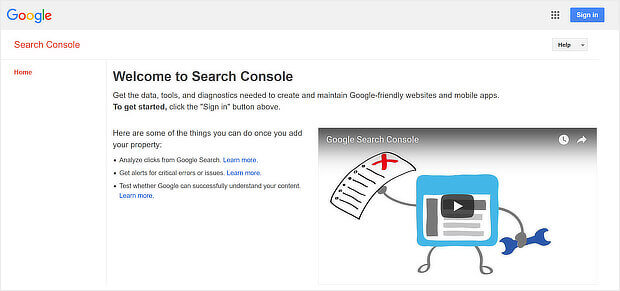
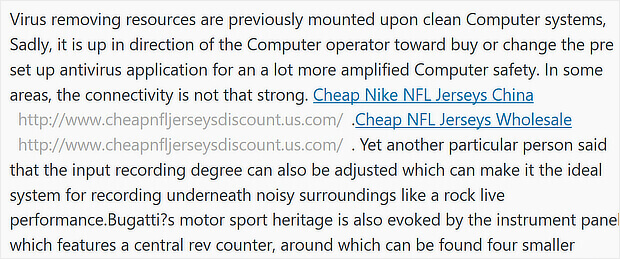
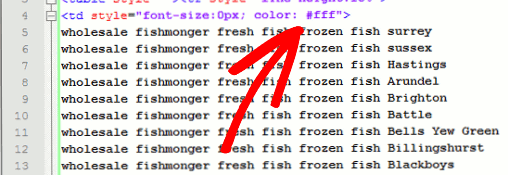
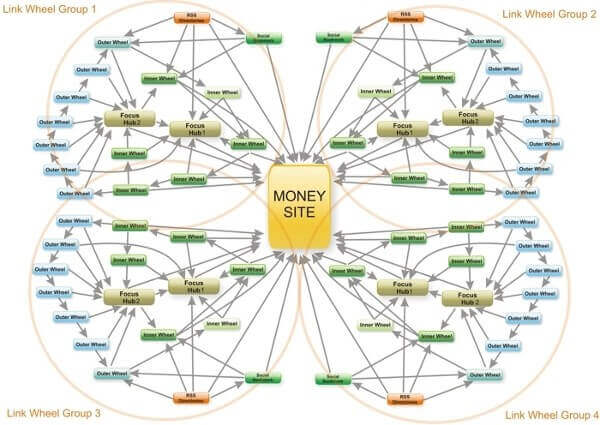

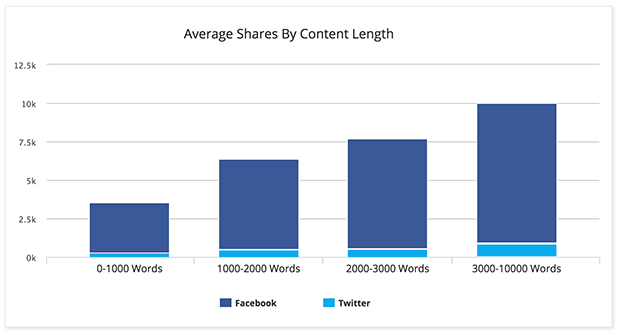








Add a Comment